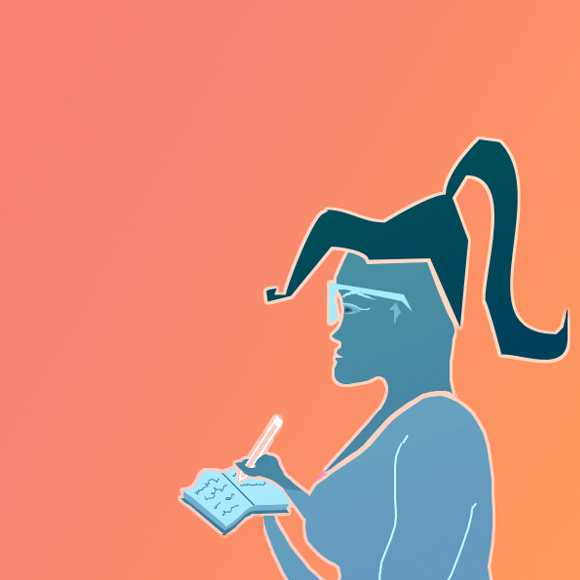Next month I will (unavoidably) be turning 30, which means I will have been able to vote in UK elections for 12 years. In that time I have voted in three general elections, a referendum, and a number of local elections.
There’s a common theme for all of them; the candidates I voted for didn’t win.
This is, as you can imagine, highly demoralising, especially given how the winners have since governed. But I am still motivated to vote in every election I’m eligible to.
Why?
Because nothing will change if we don’t continue to try. To disengage is to remove your voice from the equation entirely, ensuring that you’ll never see the outcome you want. I believe that voting is a civic duty, not only to ensure social buy-in, but to provide advocacy for those without a voice. Your vote has the power to change life not just for yourself, but for all in society, and I view it as our responsibility to use that vote for the betterment of all.
I fear that the tribal nature of politics has made us more insular, selfish, and more willing to immediately ‘other’ anybody we can’t relate to. That has resulted in significant harm to the most vulnerable, with a rise in homelessness, child poverty, delays to medical access, and degrading treatment of disabled people – who are so frequently scapegoated as the cause of budget cutbacks.
This has to stop.
We simply cannot afford to allow the unravelling of the social fabric to continue, and turn our backs on those most in need. Yes, we can take immediate action to support charities, donate to food banks, and even just have civil conversations with those we disagree with, but the chance for real, meaningful changes in direction is born at the ballot box.
We’ve seen both within individual constituencies and across the country that the smallest of margins can still have a dramatic impact on the result. Yes, that is symptomatic of our somewhat broken electoral system, but it’s the system we have and the only way anything will change is by participating in it.
Democracy is fragile; the institutions that govern and provide for society have been underfunded and weaponised. The lack of honour and decency displayed by our current government is – at least – disturbing. But things can be different; we can be different. And it starts by us deciding to do things differently.
There is a temptation to give in to resentment; to shout and scream on the internet (or in-person), and to shut down any conversation that differs from our point of view. I get it – I really do. Watching people vote out against their own interests out of habit or malice is difficult, but I posit there's frequently another explanation; they’ve been gaslit and manipulated into believing it’s their only choice. Social media has done irreparable harm to social discourse, and allowed bad actors to insidiously and perpetually drip feed lies and misinformation, muddying the waters between fact and fiction. Those without media literacy, or indeed the time and headspace to go out of their way to check every post, are likely to take these actors at their word. They’ve been subjected to years of subtle shifting of the overton window, and having to acknowledge that their beliefs are predicated on the promises of grifters is hard, embarrassing even, and the harder you push, the more entrenched they’ll become.
Approach discussions rationally, with facts rather than emotions, and rise above the vitriol to reach out to those lost in the swell of supporting self-sabotage. As important, emphasise the importance of participation to those who have grown apathetic with the process. Society needs change, and we need everyone to make that a reality.
That’s why I vote. Not because of the great results I’ve seen to date, but out of an optimistic hope that one day my vote – along with every other – will be the catalyst for a transformative and fairer society.









0 Comments